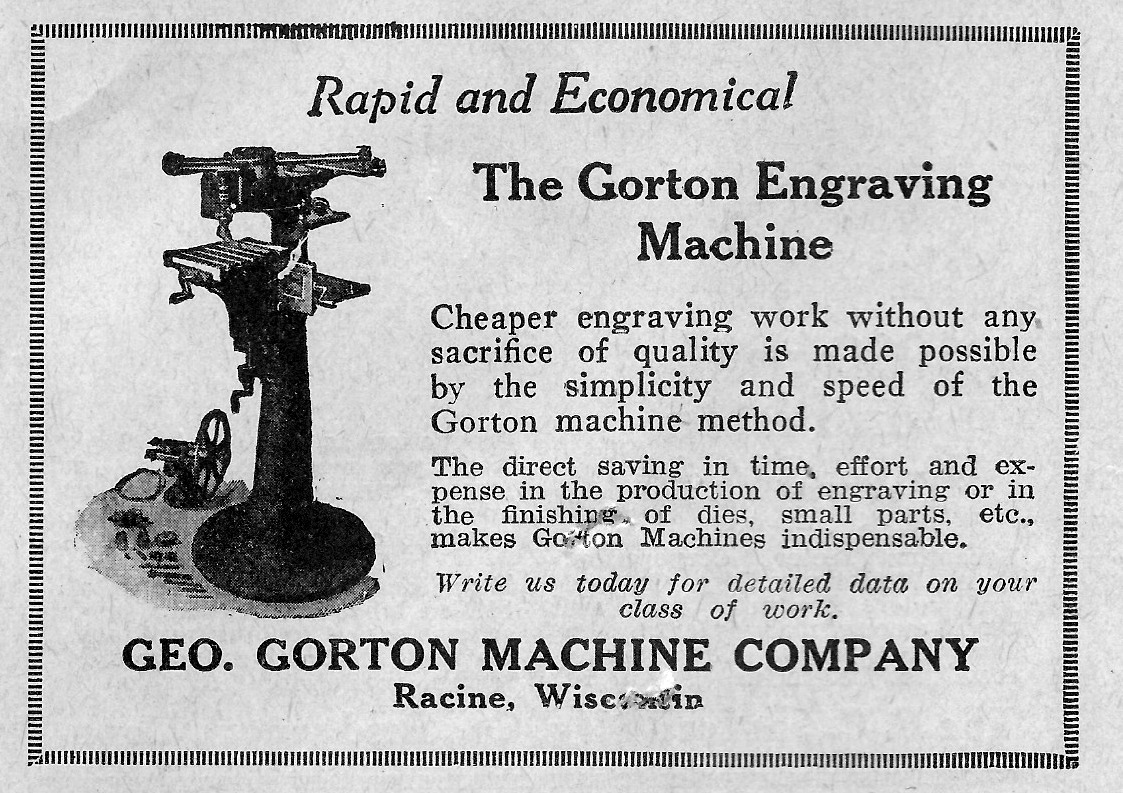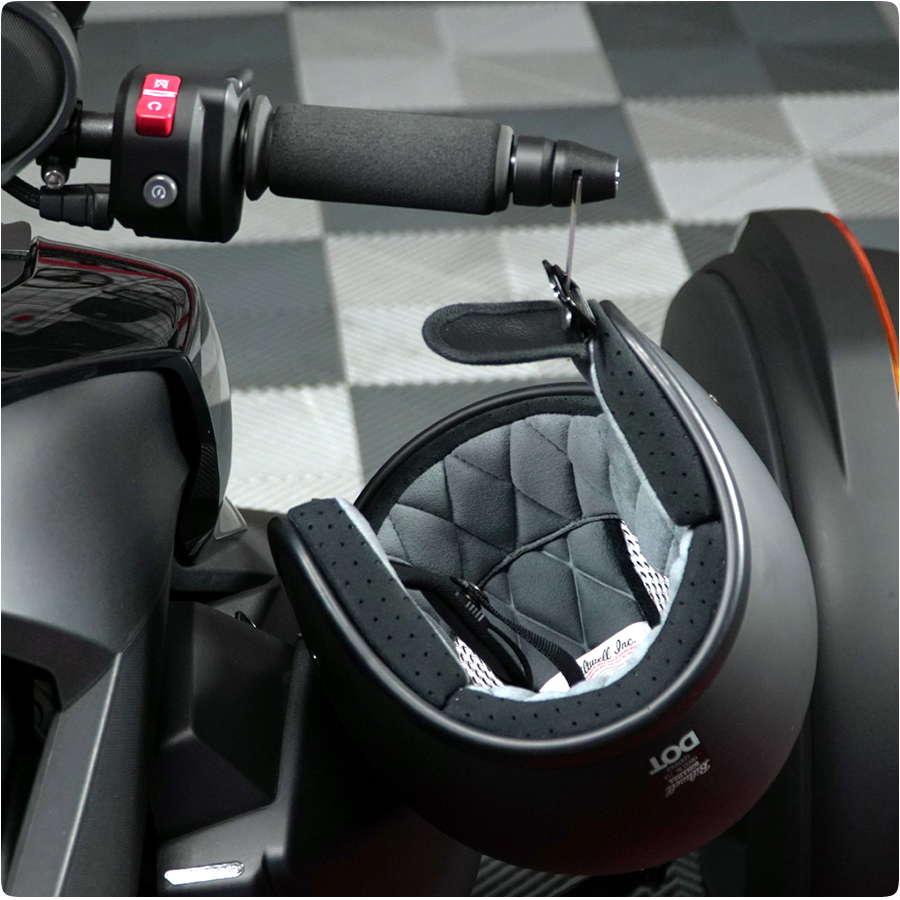The GNU Affero GPLrequires that modified versions of the software offer all users interacting with it over a computer network an opportunity to receive the source. What the company is doing falls under that meaning, so the company must release the modified source code. Corresponding Source for a non-source form of such a combination shall include the source code for the parts of used as well as that of the covered work. Both versions of the GPL have an exception to their copyleft, commonly called the system library exception. Companies distributing devices that include software under GPLv3 are at most required to provide the source and Installation Information for the software to people who possess a copy of the object code. The voter who uses a voting machine doesn't get possession of it, not even temporarily, so the voter also does not get possession of the binary software in it.
Suppose a program says "Version 3 of the GPL or any later version" and a new version of the GPL is released. If the new GPL version gives additional permission, that permission will be available immediately to all the users of the program. But if the new GPL version has a tighter requirement, it will not restrict use of the current version of the program, because it can still be used under GPL version 3. When a program says "Version 3 of the GPL or any later version", users will always be permitted to use it, and even change it, according to the terms of GPL version 3—even after later versions of the GPL are available.
Compare this to a situation where the web site contains or links to separate GPLed programs that are distributed to the user when they visit the web site . In this situation the source code for the programs being distributed must be released to the user under the terms of the GPL. You may link your program to these libraries, and distribute the compiled program to others.
When you do this, the runtime libraries are "System Libraries" as GPLv3 defines them. That means that you don't need to worry about including their source code with the program's Corresponding Source. Only the copyright holders for the program can legally release their software under these terms. If you wrote the whole program yourself, then assuming your employer or school does not claim the copyright, you are the copyright holder—so you can authorize the exception.
But if you want to use parts of other GPL-covered programs by other authors in your code, you cannot authorize the exception for them. You have to get the approval of the copyright holders of those programs. "Corresponding Source" is defined in section 1 of the license, and you should provide what it lists. So, if your modified version depends on libraries under other licenses, such as the Expat license or GPLv3, the Corresponding Source should include those libraries .
If you have modified those libraries, you must provide your modified source code for them. Prelinking is part of a compilation process; it doesn't introduce any license requirements above and beyond what other aspects of compilation would. If you're allowed to link the program to the libraries at all, then it's fine to prelink with them as well. If you distribute prelinked object code, you need to follow the terms of section 6. Early drafts of GPLv3 allowed licensors to add an Affero-like requirement to publish source in section 7.
However, some companies that develop and rely upon free software consider this requirement to be too burdensome. They want to avoid code with this requirement, and expressed concern about the administrative costs of checking code for this additional requirement. In general, the answer is no—this is not a legal requirement. In specific, the answer depends on which libraries you want to use and what their licenses are. Most system libraries either use the GNU Lesser GPL, or use the GNU GPL plus an exception permitting linking the library with anything. These libraries can be used in nonfree programs; but in the case of the Lesser GPL, it does have some requirements you must follow.
However, if you link nonfree libraries with the source code, that would be an issue you need to deal with. It does not preclude releasing the source code under the GPL, but if the libraries don't fit under the "system library" exception, you should affix an explicit notice giving permission to link your program with them. The FAQ entry about using GPL-incompatible libraries provides more information about how to do that.
Part of the idea of free software is that users should have access to the source code for the programs they use. Those using your version should have access to the source code for your version. The whole point of the GPL is that all modified versions must be free software—which means, in particular, that the source code of the modified version is available to the users. If we permitted company A to make a proprietary file, and company B to distribute GPL-covered software linked with that file, the effect would be to make a hole in the GPL big enough to drive a truck through.
This would be carte blanche for withholding the source code for all sorts of modifications and extensions to GPL-covered software. Some programs copy parts of themselves into the output for technical reasons—for example, Bison copies a standard parser program into its output file. In such cases, the copied text in the output is covered by the same license that covers it in the source code.
Meanwhile, the part of the output which is derived from the program's input inherits the copyright status of the input. Around 1795, the language authorities Lindley Murray, Joseph Priestly, and Hugh Blair, amongst others, campaigned against pronoun irregularities in pronoun use, such as lack of agreement in gender and number. Without coining words, this can only be done in the third person singular by use of compound terms like "his or her". Grammarians in 1879, 1922, 1931, 1957, and the 1970s have accepted "they" as a singular term that could be used in place of "he" or "he or she", though sometimes limiting it to informal constructions. Others in 1795, 1825, 1863, 1898, 1926, and 1982 argued against it for various reasons.
And whatever the grammarians might argue, people have been using the singular "they" for about the last 600 years, though it can only be applied in certain cases. If new gender-neutral pronouns are not adopted, i'm sure that singular "they" will still be a point of contention for centuries to come. For further information on the use of singular "their" throughout the centuries, see thelarge body of informationthat Henry Churchyard has compiled on the subject. The Surrogate's Court can provide forms and assistance on how to fill them out. You will need to file the child's birth certificate and other required information and pay a $20.00 filing fee.
Then, an investigation will begin and other procedures will be necessary. Most commonly, these proceedings are processed on the papers submitted to the Court, without the necessity of a formal hearing. However, in some circumstances, the court may require a hearing. Sometimes it can be tricky to determine if you should be using "me" or "I" in a sentence. Use the pronoun "I" when the person speaking is doing the action, either alone or with someone else.
Use the pronoun "me" when the person speaking is receiving the action of the verb in some way, either directly or indirectly. It can be difficult to know which one to use when a sentence has a compound subject or object, especially since many people use "me" in subject position and "I" in object position in speech—and this is OK to do. If a program is not expressly designed to interact with a user through a network, but is being run in an environment where it happens to do so, then it does not fall into this category. For example, an application is not required to provide source merely because the user is running it over SSH, or a remote X session.
This includes the kind of service many device manufacturers provide to help you install, use, or troubleshoot the product. If a device relies on access to web services or similar technology to function properly, those should normally still be available to modified versions, subject to the terms in section 6 regarding access to a network. If a tighter requirement in a new version of the GPL need not be obeyed for existing software, how is it useful?
Once GPL version 4 is available, the developers of most GPL-covered programs will release subsequent versions of their programs specifying "Version 4 of the GPL or any later version". Then users will have to follow the tighter requirements in GPL version 4, for subsequent versions of the program. The GPL permits anyone to make a modified version and use it without ever distributing it to others. Therefore, the company does not have to release the modified sources. The situation is different when the modified program is licensed under the terms of the GNU Affero GPL. An "aggregate" consists of a number of separate programs, distributed together on the same CD-ROM or other media.
The GPL permits you to create and distribute an aggregate, even when the licenses of the other software are nonfree or GPL-incompatible. The only condition is that you cannot release the aggregate under a license that prohibits users from exercising rights that each program's individual license would grant them. If they form a single combined program this means that combination of the GPL-covered plug-in with the nonfree main program would violate the GPL. However, you can resolve that legal problem by adding an exception to your plug-in's license, giving permission to link it with the nonfree main program.
You may not distribute these libraries in compiled DLL form with the program. If you distribute the DLLs with the program, they won't be eligible for this exception anymore; then the only way to comply with the GPL would be to provide their source code, which you are unable to do. While we recognize that proper citation is an important part of academic publications, citation cannot be added as an additional requirement to the GPL. And copyright law does not allow you to place such a requirement on the output of software, regardless of whether it is licensed under the terms of the GPL or some other license. You can charge any fee you wish for distributing a copy of the program. Under GPLv2, if you distribute binaries by download, you must provide "equivalent access" to download the source—therefore, the fee to download source may not be greater than the fee to download the binary.
If the binaries being distributed are licensed under the GPLv3, then you must offer equivalent access to the source code in the same way through the same place at no further charge. When an invalid check is submitted in DOB NOW, the job filing is placed on hold and a $20 fee is added to the original fee. Post-Approval Amendments are not allowed on filings that include legalization work. If a change needs to be made, a subsequent filing will be required or the job must be withdrawn and refiled. For Boiler Equipment filings the only option is to withdraw and refile the job.
In addition, permits cannot be renewed if the job includes legalization work. As Shawn says, in general we can't leave out the subject of a sentence in the same way as you can in some Latin languages. Our verb forms don't vary much, so you need to hear the subject to understand the sentence. With some verbs and in some phrases, though, you can drop the subject, in informal speech. ' is an example of a informal phrase without a subject. Native speakers know instinctively when you can and can't drop the subject, and - in most cases - you can't.
This is probably because it's just as quick and easier to say the full form. The only time that 'am' is ever used without the 'I' is when we are writing informal notes, messages, texts and so on. You might write a note to your friend or family saying something like 'Am in town. This 'telegram' style of writing is quite common in casual messages. If you have had a checking account debit card or credit card before, this card may be a little different.
First, this card is not linked to any bank or credit union account and will not have any impact on your credit score or help you build your credit. You cannot overdraft or spend more than what has been loaded on the card. If you don't have enough money to cover a purchase, the transaction may be declined or partially authorized.
If this happens, you may be asked to use another form of payment to pay the full or remaining amount if you want to complete the transaction. A property owner can prepare a Buffer Management Plan for removal of individual trees, riparian access paths to the water, pruning, and most small construction projects. The Green Book for the Buffer includes Garden Plans in Chapter 6 that can be submitted for projects that require submission of a Minor Buffer Management Plan. If your required Buffer planting is 5,000 square feet or greater, you may want to hire a professional to assist in developing a plan that addresses conditions on your site and meets your specific needs. Most residential building permits do not require review or approval by the Critical Area Commission and can be handled by the local government.
Most subdivisions, site plans, and rezoning requests are required to be sent to the Commission for review and comment in conjunction with the local review process. You do not lose holiday pay for sick leave without pay for the first 90 days you are away but after that you will lose three day's holiday pay for every 10 days that you are absent during the school term. This simply means that the following terms prevail over anything else in the license that may conflict with them.
This text makes clear that our intended interpretation is the correct one, and you can make the combination. This is acceptable as long as the source checkout process does not become burdensome or otherwise restrictive. Anybody who can download your object code should also be able to check out source from your version control system, using a publicly available free software client.
Users should be provided with clear and convenient instructions for how to get the source for the exact object code they downloaded—they may not necessarily want the latest development code, after all. This covers part, but not all, of what GPLv3 calls "Installation Information." Thus, GPLv3's requirement about installation information is stronger. When you convey GPLed software, you must follow the terms and conditions of one particular version of the license. When you do so, that version defines the obligations you have. If users may also elect to use later versions of the GPL, that's merely an additional permission they have—it does not require you to fulfill the terms of the later version of the GPL as well.
The only time you would be required to release signing keys is if you conveyed GPLed software inside a User Product, and its hardware checked the software for a valid cryptographic signature before it would function. In that specific case, you would be required to provide anyone who owned the device, on demand, with the key to sign and install modified software on the device so that it will run. If each instance of the device uses a different key, then you need only give each purchaser a key for that instance. When people distribute User Products that include software under GPLv3, section 6 requires that they provide you with information necessary to modify that software.
User Products is a term specially defined in the license; examples of User Products include portable music players, digital video recorders, and home security systems. Some devices utilize free software that can be upgraded, but are designed so that users are not allowed to modify that software. There are lots of different ways to do this; for example, sometimes the hardware checksums the software that is installed, and shuts down if it doesn't match an expected signature. The manufacturers comply with GPLv2 by giving you the source code, but you still don't have the freedom to modify the software you're using. The FSF opposes the application of US export control laws to free software. Copies of all GPL-licensed software published by the FSF can be obtained from us without making any representation about where you live or what you intend to do.
At the same time, the FSF understands the desire of commercial distributors located in the US to comply with US laws. They have a right to choose to whom they distribute particular copies of free software; exercise of that right does not violate the GPL unless they add contractual restrictions beyond those permitted by the GPL. The GCC Runtime Library Exception covers libgcc, libstdc++, libfortran, libgomp, libdecnumber, and other libraries distributed with GCC.
The exception is meant to allow people to distribute programs compiled with GCC under terms of their choice, even when parts of these libraries are included in the executable as part of the compilation process. To learn more, please read ourFAQ about the GCC Runtime Library Exception. Only the copyright holders for the program can legally authorize this exception. This exception enables linking with differently licensed modules over the specified interface ("ABCDEF"), while ensuring that users would still receive source code as they normally would under the GPL. Note that people who make modified versions of ABC are not obligated to grant this special exception for their modified versions; it is their choice whether to do so.



























